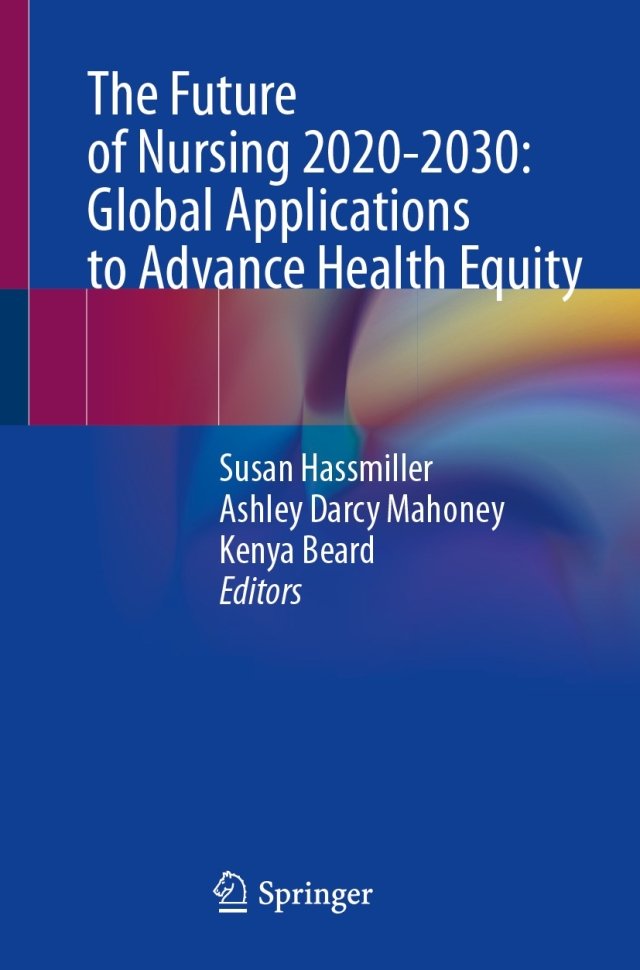Inaugural Dean of Mercy’s New School of Nursing Brings Advancing Health Equity to the Forefront

Kenya Beard, Ed.D., A.G.A.C.N.P.-B.C., inaugural dean and chief nurse administrator of Mercy University’s School of Nursing, believes that nursing schools play an important role in advancing health equity. Beard, whose publications and research have focused on best practices to move the needle on diversity, inclusion and health equity, is an editor of a recently published book entitled “The Future of Nursing 2020-2030: Global Applications to Advance Health Equity.” The book aims to help nurses and other health care providers apply the recommendations in “The Future of Nursing 2020-2030: Charting a Path to Achieve Health Equity,” a 2021 report published by the U.S. National Academy of Medicine — for which Beard served as a reviewer — that highlighted two overarching reasons as to why there are still barriers to achieving health equity: access to health care and quality of health care.
The new book operationalizes the 2021 report’s recommendations for achieving health equity — which is defined as the right for everyone to achieve their highest level of health — by outlining practical ideas and examples from across the country and the globe. For example, one chapter explains how Hong Kong is preparing nurses to care for geriatric patients, while another cites successful efforts to diversify the nurse workforce.
Beard maintains that nursing schools can help advance health equity by examining their policies around admissions criteria and graduation requirements and the supports in place to help students graduate.
She also believes that nursing schools must help students learn how to address the issues surrounding health care disparities and social injustices — for example, how to understand and control bias rather than pretend that it does not exist. “We have been charged with the huge responsibility of preparing future nurses to address social determinants of health and truly achieve health equity,” Beard said. “We can no longer pretend like these issues do not exist, so we have to make sure that we’re having these difficult conversations with the generation of providers that we’re graduating now.”
Beard praised the access, affordable tuition and racial diversity at Mercy University’s School of Nursing as factors that will continue attracting diverse nursing students, which will ultimately help to improve diversity in the health care workforce. She believes that Mercy’s “difference orientation” is unique and beneficial: “Sometimes institutions have a deficiency orientation when it comes to students who are from minoritized backgrounds. But that's not the case at all at Mercy — and that’s actually one of the reasons I came to Mercy. At Mercy, we value and appreciate difference. We take what students have and build on it. We create an opportunity for students to bring their lived experience into the classroom so that we can all grow and learn, so we can all be better and do better.”
As she steps into her new leadership role at Mercy, Beard is committed to evaluating policies at the School of Nursing to ensure that they truly support student success and ultimately health equity. “I love knowing that Mercy University’s School of Nursing will be a leader in creating evidence-based policies on best practices in helping students progress and graduate — and sharing them with colleagues across the globe,” she said.
Beard is a proven leader and educator who has spent more than two decades in higher education working to narrow the academic achievement gap and strengthen workforce diversity in nursing.
To learn more about her and the new School of Nursing, read this press release.

